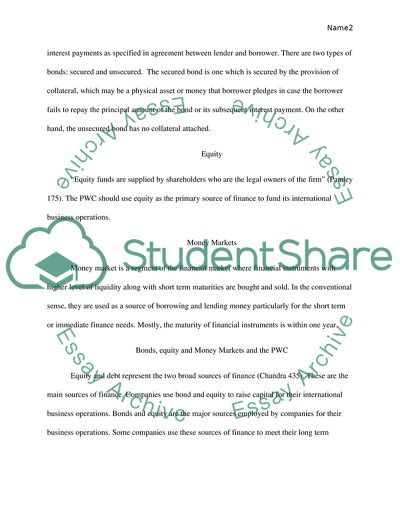Cite this document
(Foreign Currency Risks Assignment Example | Topics and Well Written Essays - 1500 words - 1, n.d.)
Foreign Currency Risks Assignment Example | Topics and Well Written Essays - 1500 words - 1. https://studentshare.org/finance-accounting/1779977-international-market-expansion
Foreign Currency Risks Assignment Example | Topics and Well Written Essays - 1500 words - 1. https://studentshare.org/finance-accounting/1779977-international-market-expansion
(Foreign Currency Risks Assignment Example | Topics and Well Written Essays - 1500 Words - 1)
Foreign Currency Risks Assignment Example | Topics and Well Written Essays - 1500 Words - 1. https://studentshare.org/finance-accounting/1779977-international-market-expansion.
Foreign Currency Risks Assignment Example | Topics and Well Written Essays - 1500 Words - 1. https://studentshare.org/finance-accounting/1779977-international-market-expansion.
“Foreign Currency Risks Assignment Example | Topics and Well Written Essays - 1500 Words - 1”. https://studentshare.org/finance-accounting/1779977-international-market-expansion.


